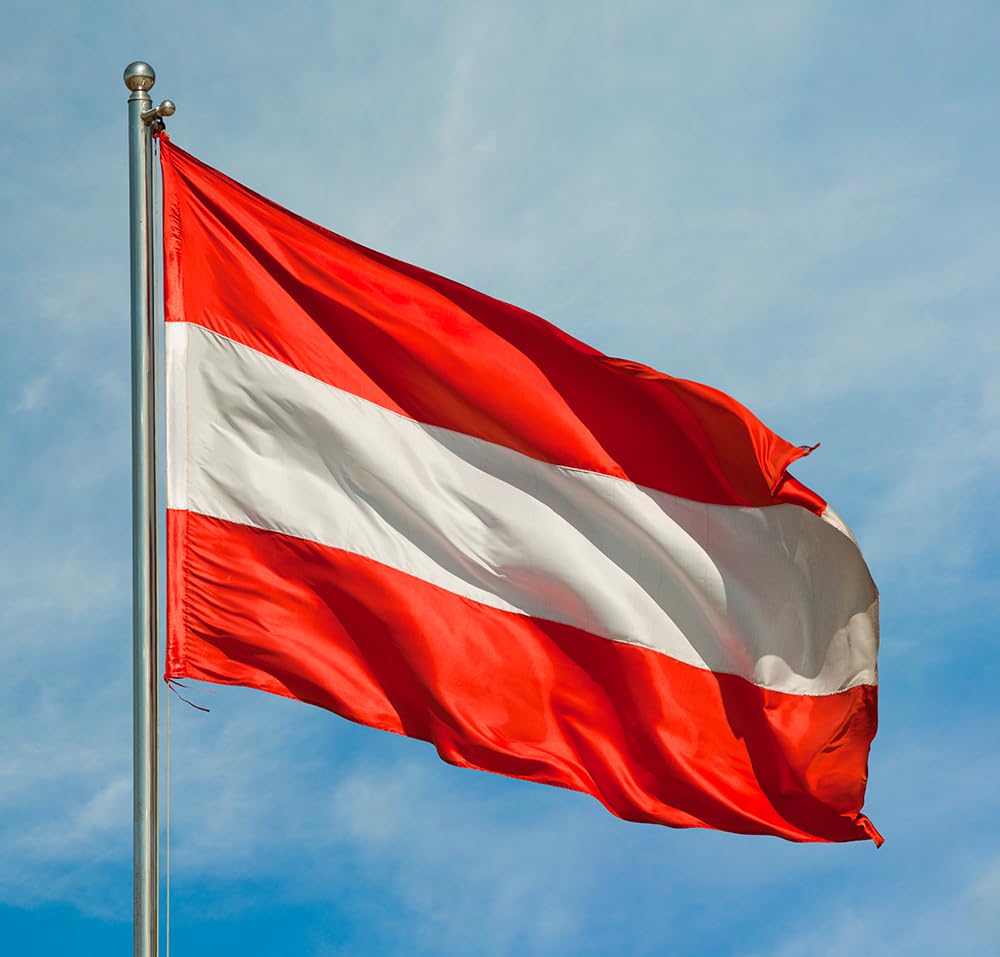One of the biggest nations in the world, Turkey is located in both the European and Asian Continents. The country draws a sizable number of visitors each year thanks to its thriving economy, which is based primarily on agribusiness. The foreigners visiting don’t only involve visitors but also business people and citizens who relocate here for a job or economic purposes.

Istanbul, Izmir, Ankara, and Antalya are frequently chosen as the city of permanent residency by expats relocating to Turkey. As a result, there may be substantial differences in the style of life between various regions. Antalya is the tourist capital of the Mediterranean coast, whereas Ankara is a large metropolis home to important governmental facilities.
People who intend to move to Turkey should be aware of the ethnic distinctions between Turkey and their own country as well as the legal prerequisites for doing so.
Visa regulations
If your planned stay is shorter than 90 days and it is for work, leisure, travel, or community festivals, you are eligible to apply for a visitor visa. The following are the most common visa categories among foreigners looking to move to the country:
- Those moving for ERASMUS traineeships, AISEC internships, linguistic programs, or university studies are granted a student/education visa.
- Diplomats going to complete foreign operations and work on a project require an official visa.
- Those who want to work should apply for an employment visa.
- Many other visa kinds are also available depending on your visit’s objectives, which can range from receiving healthcare assistance to reuniting with relatives.
Obtaining citizenship
Filing for nationality is among the most crucial steps in moving to Turkey. A person must have lived in the country for at least five years, or three years if they are married to a citizen.
Nevertheless, if international investors desire to move here, they can register for several different programs. The fast-track nationality scheme via real estate acquisition is among them. The house must be worth $1,000,000. Foreign nationals who purchased the property and resided for five years while holding a residence permit are also eligible to apply for nationality.
About Turkey
The job market in Turkey
Over the past few years, the Turkish GDP has seen consistent development. The tourist and technology industries are flourishing and provide many employment openings for foreigners, in addition to the farming and textile industries. Although it can be difficult to get a working visa, highly trained engineers, IT specialists, and medical experts are usually welcome. Additionally, native English speakers can simply relocate and find employment as English or other second language instructors.
Standard of living
In addition to having a pleasant climate and welcoming residents, It is a convenient place to live due to its inexpensive standard of living. After moving, you’ll see that the costs of food, necessities, energy bills, and lodging are affordable. Istanbul and Ankara are the largest and costliest cities, hence living expenses there might be greater.
Property
Individuals who seek to purchase property in rural, urban, or seaside areas frequently choose Turkey as their option. Based on the area and the location, the median cost per square meter ranges from €320 to €2000. Before moving, several expatriates consider renting a house since they prefer it. A one-bedroom flat typically costs between €150 and €300 per month to rent. A three-bedroom apartment can run you between €250 and €500 per month if you’re moving with your spouse and relatives.
Healthcare
When migrating, foreigners will find that the country’s healthcare system differs from that of Europe or the United States. Since there are no general practitioners, any native or lawful resident may when necessary, refer straight to the appropriate medical specialist. The public healthcare insurance program is open to foreign nationals with valid residency permits for at least a year.
Education
Both citizens and visitors are entitled to free public education. It is important to note that although some private schools provide bilingual instruction, they all follow the Turkish core curriculum. Top universities with British, German, and French curricula are popular options for international families migrating. Istanbul and Ankara are home to the majority of foreign schools.



